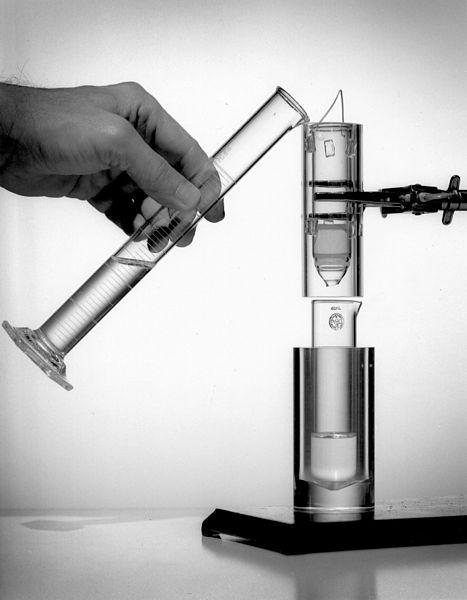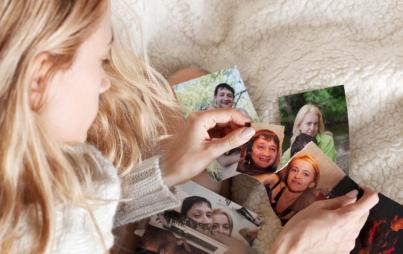
1) Jars line a long-stretching silver table, arranged under horseshoe crabs in preparation to be filled with the sky-blue blood of the clenched-down animals. The goal of this mad scientist-looking procedure is actually something all of us have benefited from — the blood contains Limulus amebocyte lysate, or LAL, which is used to test every FDA-approved drug on the market. The chemical detects and captures the most minute traces of contamination found in a compound that could interact with the bloodstream, and is currently the standard in this testing, though liquid crystal droplets (the same as those in your computer screen) have been shown to be a possible alternative. Even though there may be other options to use, without the horseshoe crab, what would our pharmacy shelves look like?
2) A new scientific breakthrough now allows for three-parent babies, with the DNA of two “main” parents combined to be blended with a third, carrying parent. This development would allow for same-sex couples to have genetically blended children — but would also open the door for “designer babies,” and therefore potentially questionable morality when it comes to childbearing. If a woman becomes able to carry a child with the DNA of any other two people, would people begin to abuse this godlike power in creating the biological makeup of the child?
3) In a recent award-winning study, a number of synthetic “mini” mouse livers were grown from the stem cells of a single mouse, potentially paving the way to a major reduction in the number of animals used in medical research. If animal research does prove to be absolutely necessary (as in the study of neurodegenerative diseases such as Alzheimer’s Disease, which relies heavily on the use of animal subjects in its search for treatments and hopefully a cure), could we find a way to be more humane to those we do test — while slashing that number to a new low?
These three examples are merely needles in the haystack that is the medical research industry, and barely brush the surface of complications that arise when questioning the morality of our testing and subsequent discoveries. The same breakthrough can cause equal harm as well as good — so how do we set standards that make us feel comfortable as a society?
In the case of the FDA’s use of horseshoe crab LAL in drug testing, if there are alternative options to use, they should absolutely be explored. Studies have shown that, while the actual procedure on the animal can be relatively compared to a human donating blood, the later effects can be more drastic, such as failing to follow tidal patterns and lower spawning numbers.
The possibility of multi-parent children has a much more direct and immediate impact on society, and it’s one we should consider thoughtfully when anticipating its effects on our culture. We have safely proven that we are not yet beyond discrimination in its many forms, and the ability to quite literally “design” your child is a power that should be weighed carefully. We should also think about the over 100 million orphaned children throughout the world in need of love and parenting — while the possibility of a genetically blended child would be an incredibly emotional and life-changing possibility to same-sex couples, we would be irresponsible to not weigh that consideration against a fundamental question: do genetics define family?
Our mice liver success story offers an example of an (arguably) clearer choice when it comes to morality in medical research — cutting down on the number of animals involved while maintaining the same standards of testing would be beneficial to all. The question is, would reducing our stores of furry friends help us avoid the question of morality in animal testing altogether? Are we dodging the essential question by throwing more science at the problem?
Ultimately, these examples show there are no hard or fast rules when it comes to how to responsibly conduct medical research; rather, we must accept the responsibility of assessing these situations for what they are: infinitely complicated. As a society, we should be active in being more informed, more educated and more vocal when it comes to the debate on all of these issues.
Image: Wikimedia






